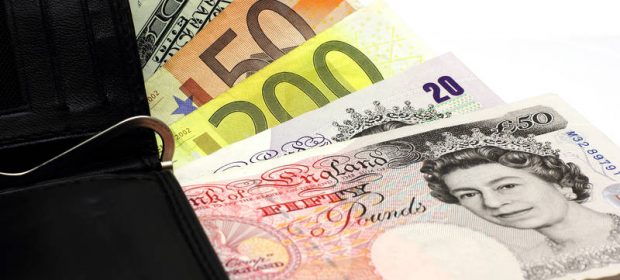For citizens living in France, assurance vie is known to be one of the safest ways to invest money and organise your inheritance. It is an insurance instrument that serves as a tax-efficient investment vehicle containing one or more underlying investments.
Why It’s Considered Better Than the Bank?
In November 2020, the Banque de France told us that the average interest rate on bank deposits is 0.46%, unchanged since August 2020.
Any gain on your deposit would be subject (in general) to a 30% charge between tax and social charges, leaving a return on investment of just 0.32%.
Couple that with the fact that inflation in France in 2020 was 0.46% (www.statista.com) and you are effectively losing money by leaving it in your bank account.
A well-managed cautious portfolio held within an assurance vie returned about 4% in 2020.
Benefits of Inheritance
When you set up this form of investment before you turn 70, each beneficiary is entitled to a tax-free deduction of €152,500 for money invested before you turn 70, with taxes limited to 20% for everything beyond that (although sums exceeding €700,000 per beneficiary are subject to a higher tax rate of 31.25%).
Why Should You Invest in Assurance Vie?
Investments held within an assurance vie grow income tax and capital gains tax free, so you have a gross roll up of any gains within the investment.
Tax and social charges are paid only on withdrawal, however as part of the return is capital much of these gains are offset.
Advantages for Foreigners
If you are a foreign national living in France, assurance vie should be a key investment, particularly if you expect to live there for the long term. As a British expatriate living in France, you have a host of international assurance vie policies at your disposal, most of which are Brexit-proof. Not only are these policies consistent with the European Union rules, but they also operate across borders in the United Kingdom, meaning you can take them with you if you change your home again or go back to the UK.




